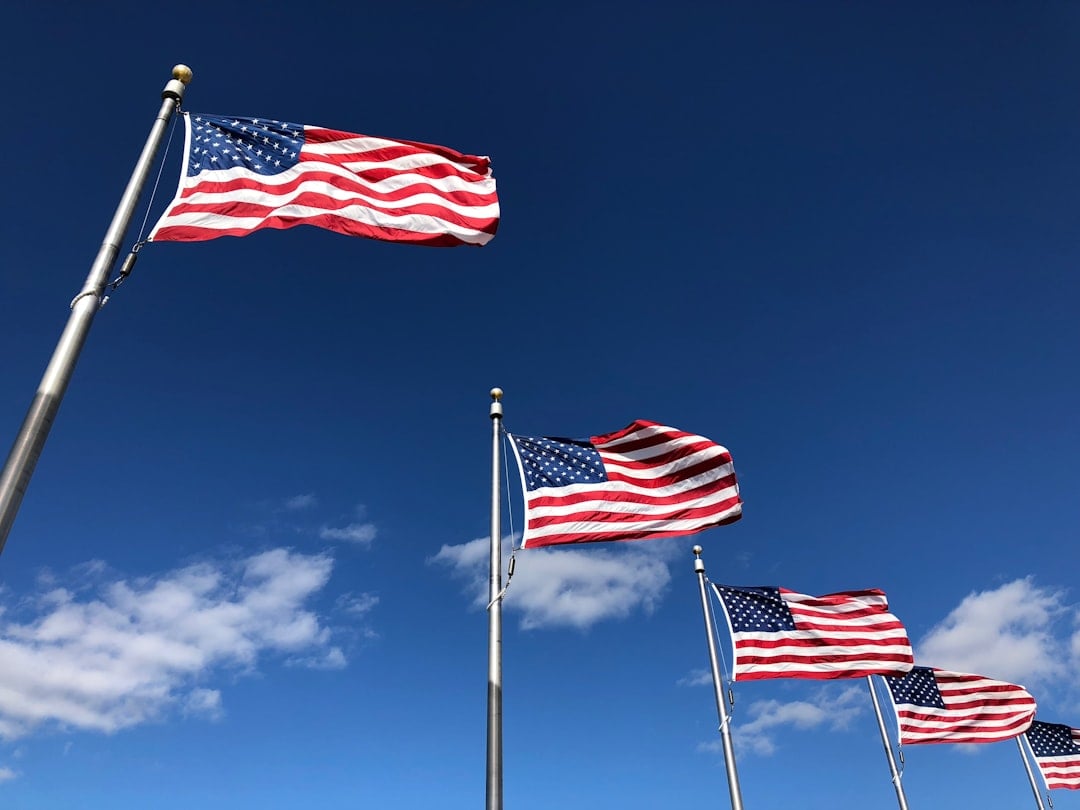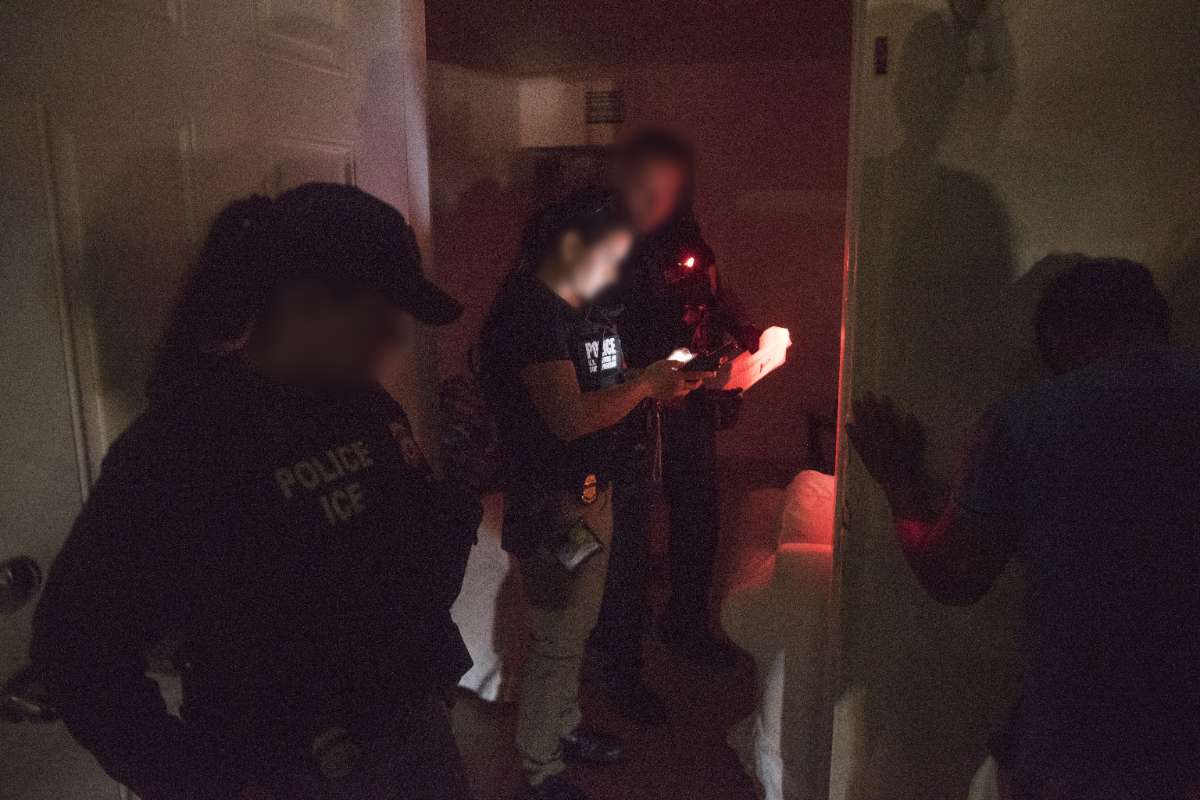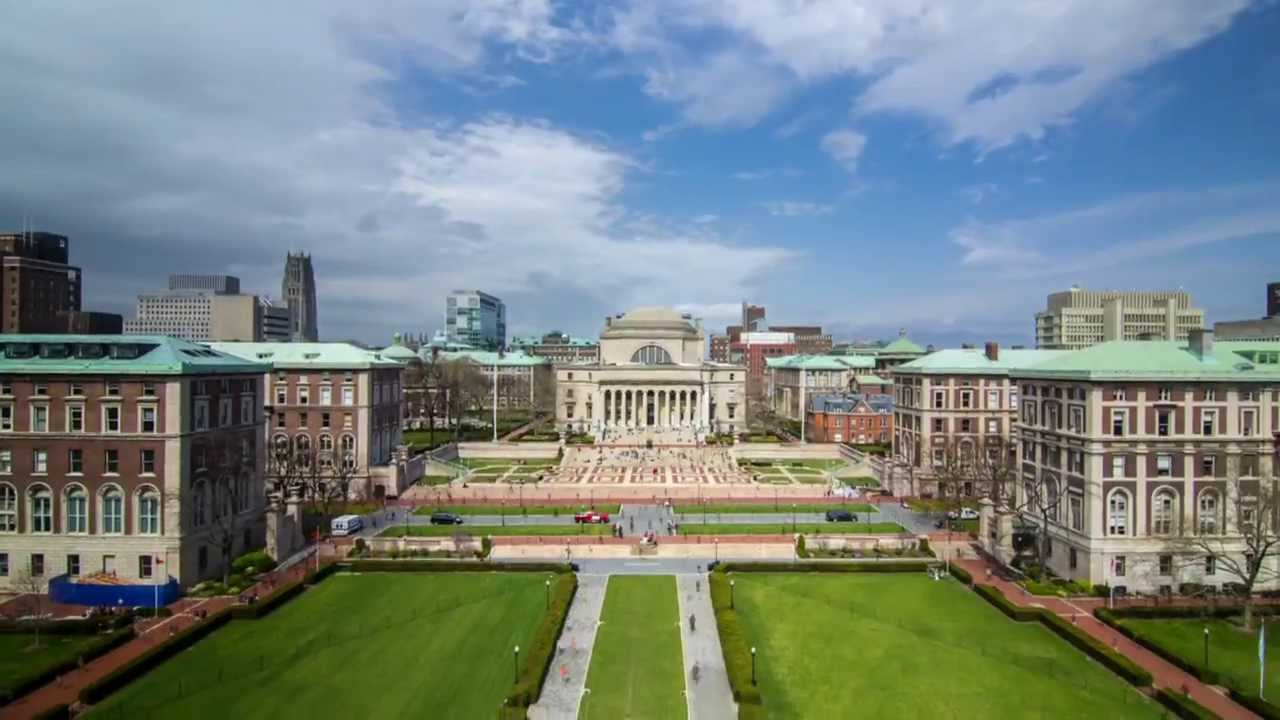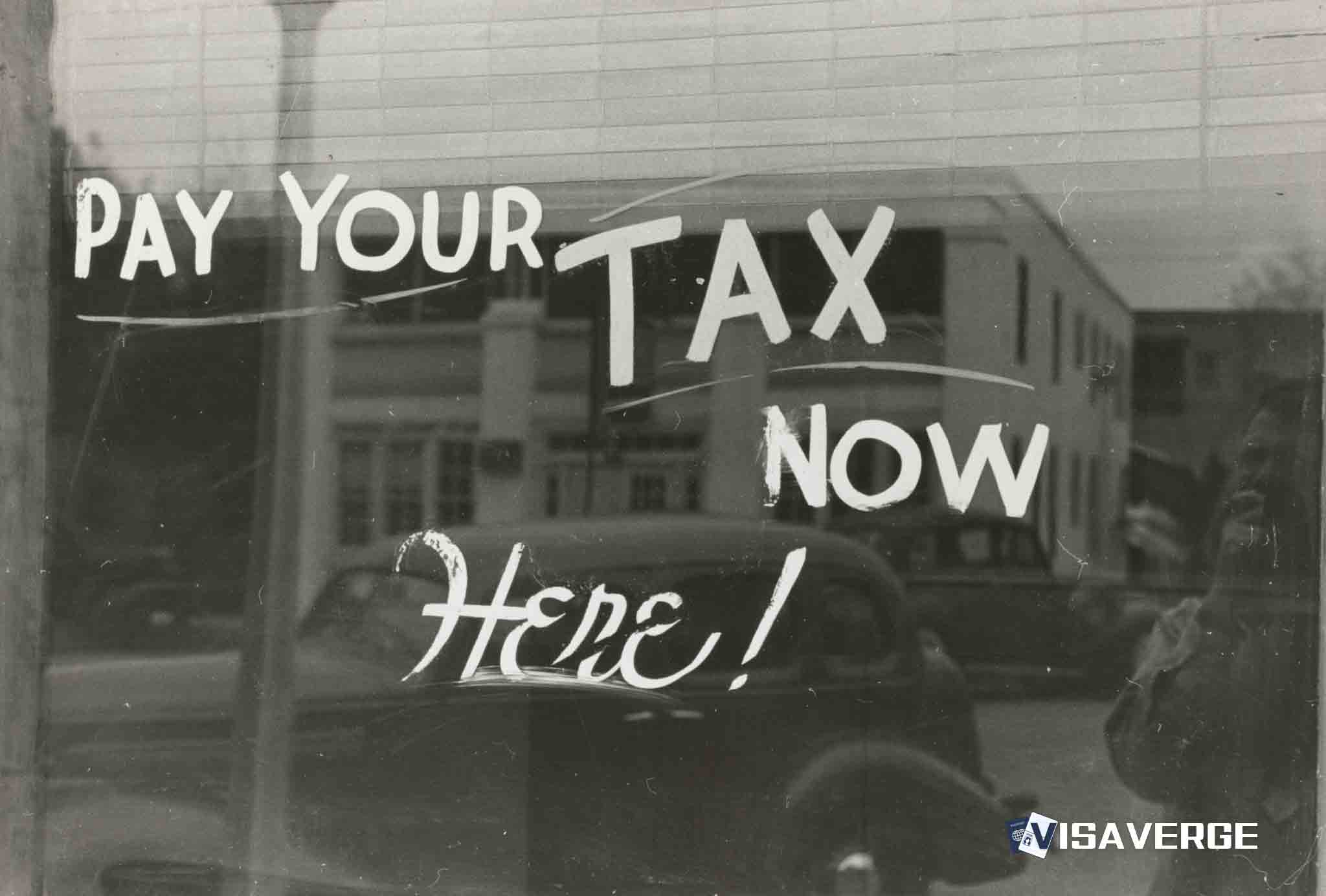(CHARLOTTE, NORTH CAROLINA) Federal immigration enforcement operations that stirred anger and fear in Raleigh have now shifted firmly back to Charlotte, where U.S. Customs and Border Protection (CBP) agents are concentrating arrests and street activity this week, according to federal and local officials. Beginning Saturday, November 15, 2025, Charlotte became the main focus of the latest federal push, with more than 250 people without legal status arrested in the area by Monday, a Department of Homeland Security spokesperson said. The move marks a return of high‑profile federal activity to North Carolina’s largest city after days of tension in Raleigh and surrounding Triangle communities.
Advance Warning and Deployment Timeline
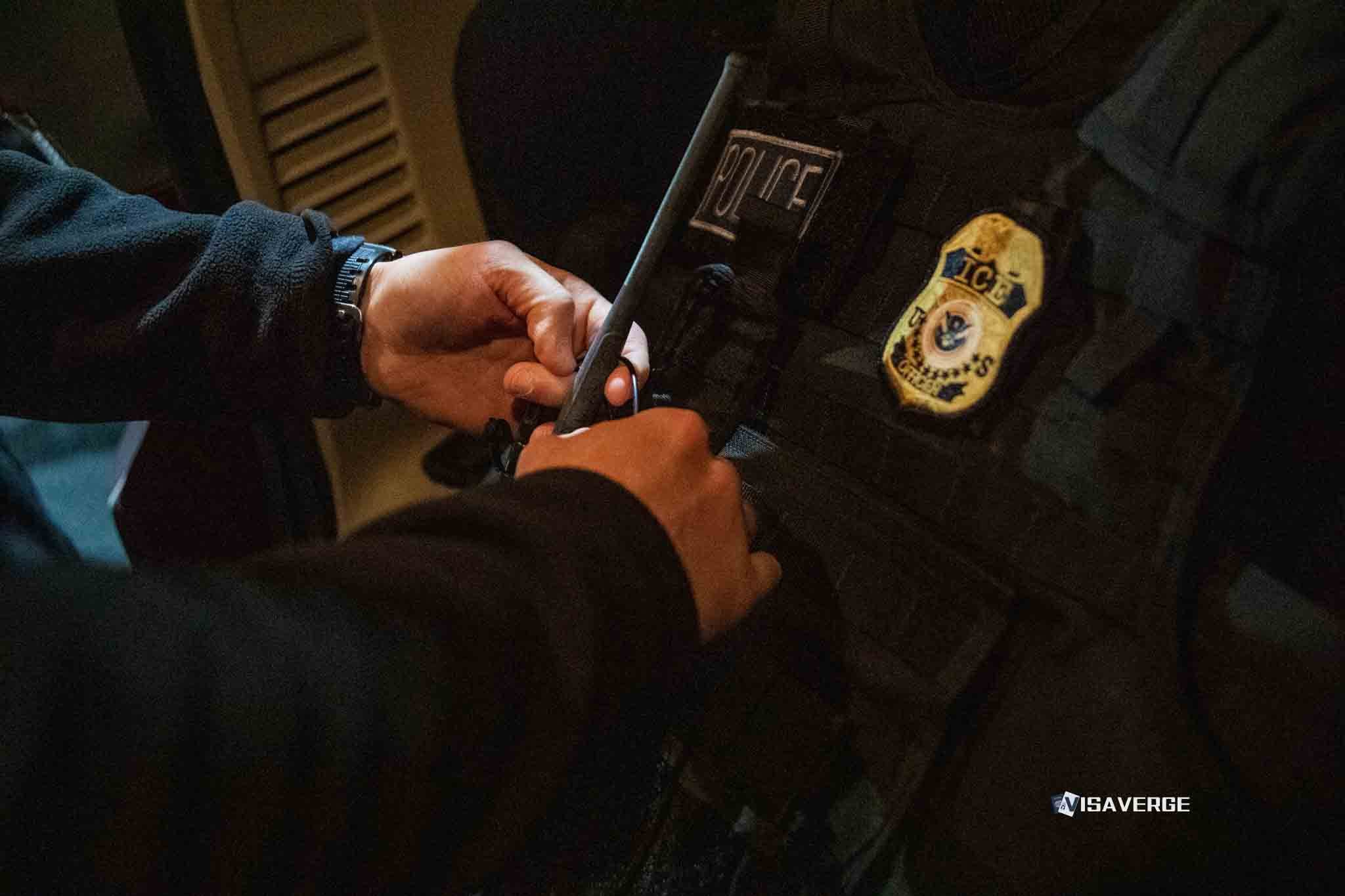
Federal officials had privately told the Mecklenburg County Sheriff’s Office on Wednesday, November 12, 2025, that CBP personnel would arrive in the Charlotte area as early as the upcoming weekend. According to those briefings, roughly 200 agents would stay in North Carolina only through Friday before redeploying to New Orleans for a separate initiative, described by law enforcement sources as “Operation Catahoula Crunch.” While that timeline has not been publicly detailed in full, it frames a short but intense window for immigration enforcement in Charlotte, even as residents in Raleigh still process what happened in their neighborhoods just days earlier.
Impact on Triangle Communities
In the days leading up to the shift, reports from the Triangle described federal agents stopping and arresting people in suburban Cary and in parts of North Raleigh. Those scenes quickly spread across social media in both English and Spanish, amplifying fears already present in mixed‑status families who worry about any sign of federal immigration enforcement. Parents began trading messages about where agents had been seen; workers talked quietly about whether it was safe to drive to jobs; community groups fielded phone calls from people asking if they should send their children to school.
For school staff in neighboring Durham, the emotional effect was immediate. Carmon Ramon, a counselor with Durham Public Schools, said students were so shaken by the presence of federal agents in nearby cities that ordinary routines now felt risky.
“They are fearful of walking to school and getting detained or questions. Somebody putting a gun in their face. They are fearful of their parents going to work,”
she said, summing up what many families were telling her. For children who have grown up in Raleigh and Charlotte, the sight or rumor of officers in tactical gear on local streets goes far beyond politics; it reaches into daily life in classrooms, playgrounds, and homes.
-
Fear of Daily Routines
Students and parents worry that ordinary activities like walking to school or commuting to work could trigger encounters with federal agents.
-
Social Media Alerts
Neighborhood chat groups and social feeds circulate real-time reports of where agents are seen, heightening anxiety.
-
School Attendance Concerns
Families call schools and community groups asking if it is safe to send children to class.
-
Mixed-Status Household Stress
Households with varying immigration statuses struggle to balance work, school, and safety decisions under uncertainty.
Raleigh’s Position and Local Policing Concerns
City leaders in Raleigh, which had become a flashpoint once word of the operations spread, stressed that they had not asked for the federal presence. Mayor Janet Cowell, a Democrat, said the action by CBP was not requested by the city and stressed her broader goal that “everyone who lives, works, plays, and learns in Raleigh feels safe.” She noted that the Raleigh Police Department is not involved in immigration enforcement and repeated that the city intends both to protect residents and to follow federal law. Her comments reflected pressure from residents who fear racial profiling, as well as others who ask officials to keep local police separate from federal operations.
Maintain a simple daily safety plan: use official channels for updates, verify notices with CBP or local authorities, and calmly share trusted information with family to curb rumors.
Escalating Tensions Between Federal and State Leaders
As the focus shifted back to Charlotte, tensions between federal leaders and state officials rose sharply. Greg Bovino, the commander‑at‑large of CBP, publicly blamed North Carolina Governor Josh Stein for what he said was a rise in violent language and threats aimed at federal agents. His remarks followed two incidents in Charlotte during the week in which, according to the Department of Homeland Security, people allegedly rammed agents’ vehicles or drove directly at officers. Those accounts have not been detailed in public incident reports, but federal officials pointed to them as the backdrop for Bovino’s warning to the governor.
Governor Stein, for his part, had criticized the operations in stark terms before the shift away from Raleigh. In a statement, he said North Carolinians had seen “masked, heavily armed agents in paramilitary garb driving unmarked cars, targeting American citizens based on their skin color, racially profiling, and picking up random people in parking lots and off of our sidewalks.” His words captured what many opponents of the operation describe when they talk about Charlotte and Raleigh in the same breath: concern that broad immigration enforcement sweeps can blur lines between checking immigration status and judging people by appearance alone.
BREAKING UPDATE
Operational Structure and Agency Roles
The unusual structure of the latest sweep has also drawn attention among lawyers and advocacy groups. Federal officials said Charlotte was the first city where CBP would spearhead immigration enforcement without coordinating with Immigration and Customs Enforcement (ICE) in the same place. According to analysis by VisaVerge.com, that change in which agency is out front can shape how people talk about federal action, even when the stated goal of arresting people without legal status stays the same. For residents and local officials, the badge on an agent’s vest matters less than the simple fact that arrests are happening on familiar streets and in everyday spaces.
Public Information, Street-Level Perception, and Legal Status
As word of the renewed focus on Charlotte spread, many in both cities looked for clear information about what federal agents can and cannot do. Information about CBP’s role and legal authority can be found on the agency’s official website, cbp.gov, but on the street, what people most often notice are flashing lights and unmarked vehicles. For residents who are citizens or lawful permanent residents as well as for those without legal status, reports of large‑scale operations nearby can feel unsettling, especially when they involve plain‑clothes officers, unmarked cars, and descriptions of paramilitary‑style clothing.
Keep essential documents ready (IDs, immigration status papers) and have school or work contact numbers on hand; review local safety plans and know where to seek legal or community aid if needed.
-
Visibility on the Streets
Residents report seeing unmarked vehicles, tactical gear, and plain-clothes officers during operations.
-
Limited On-the-Spot Information
While official guidelines exist online, people rarely receive clear explanations during actual encounters.
-
Uncertainty Across Statuses
Both citizens, green card holders, and those without status report feeling targeted or unsafe when large-scale operations occur nearby.
-
Blurred Lines of Authority
The shift toward CBP-led actions, separate from ICE, leaves communities unsure which agency is responsible for what.
Looking Ahead: After the Surge
In both Charlotte and Raleigh, the debate now turns to what comes after the end of this week‑long surge. Local officials have few clear answers about whether federal agents will return in similar numbers or whether future operations will again start in one city and spill fear into another. What is plain from the reaction in North Carolina is that the words “immigration enforcement” no longer sound like a distant policy term, but like something that can appear suddenly on a neighborhood street.
Beginning Nov. 15, 2025, CBP shifted street‑level immigration enforcement from Raleigh to Charlotte, deploying about 200 agents and arresting over 250 people without legal status. The CBP-led operation occurred without simultaneous ICE coordination, fueling fear across schools, workplaces and mixed‑status families. Raleigh officials said they did not request the federal presence and emphasized protecting residents. Tensions between federal and state leaders rose after disputed incidents; communities now seek clarity on agency roles, legal authority, and future operations.


